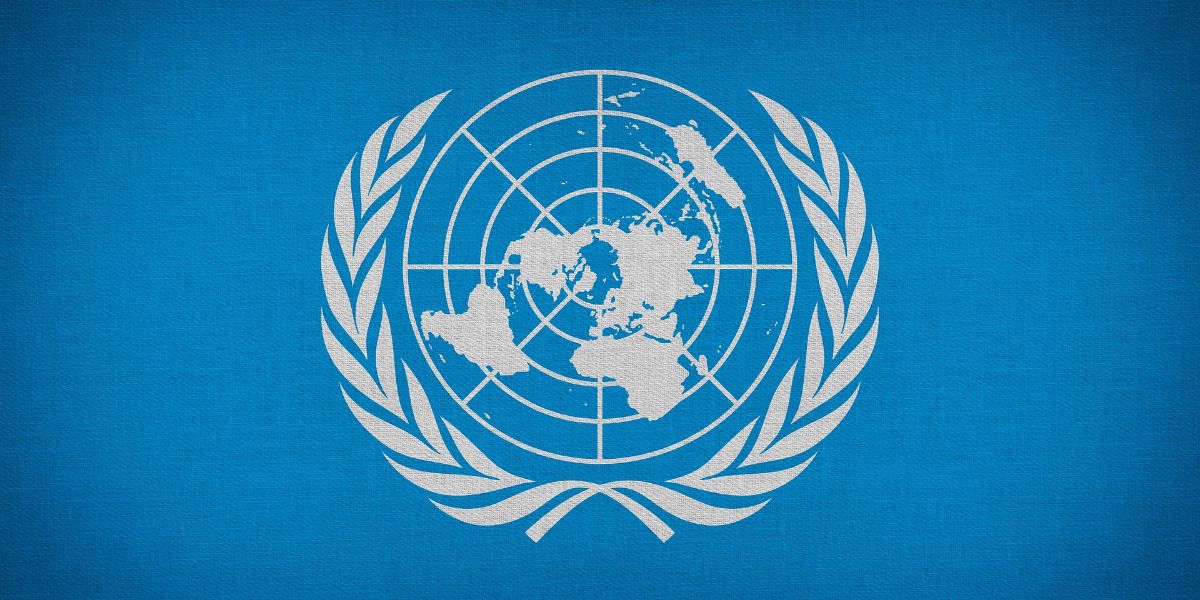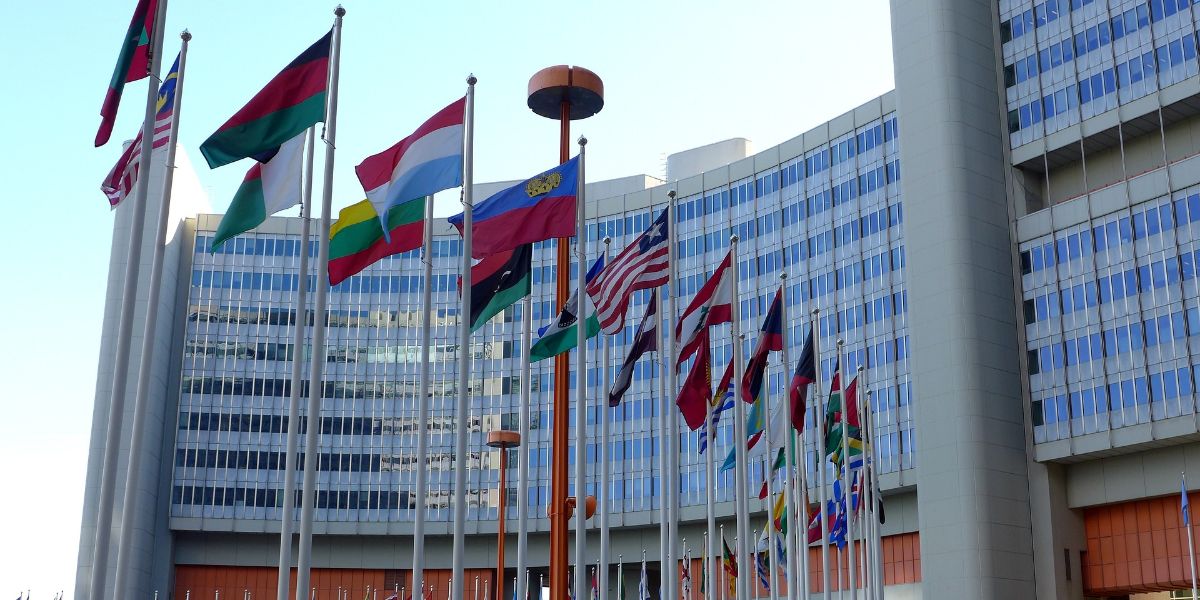The 28th session of the UN Committee of Experts on International Cooperation in Tax Matters is being held from 19 to 22 March 2024. On 19 and 20 March 2024 the discussions included tax issues in the digital economy.
Fast Track Instrument
The relevant subcommittee has been developing a multilateral instrument (Fast Track Instrument) for the quick implementation by countries of specific UN Model articles, such as provisions concerning offshore indirect capital gains, fees for technical services, automated digital services, the subject-to-tax rule and some others.
Work on the instrument has been carried out with the assistance of the tax expert Philip Baker who introduced the latest draft of the instrument to the Committee. The output of the treaty amendment process under the Fast Track Instrument would be in the form of protocols amending the treaties. The use of amending protocols is already a familiar process for countries to update their treaties, and many countries will therefore already have procedures in place to scrutinise and ratify the amending protocols.
A Conference of the Parties would meet at least once a year to discuss the conclusion of amending protocols. The Conference of the Parties can provide a context within which countries can agree to adopt amending protocols and amend their treaties to incorporate provisions of the UN Model. An enhanced procedure would be available for countries wanting an automatic process for updating their treaties. Assistance would be available from a Secretariat established for the implementation of the instrument.
Subject to tax rule
A Subject to Tax Rule (STTR) would apply where income is subject to a low level of taxation in a contracting State. A low level of taxation is defined for this purpose either as a statutory tax rate below a certain percentage; or a situation where the statutory tax rate is higher than the specified percentage but the beneficial owner of the income is entitled to a special exemption, exclusion or reduction linked directly to the income or the entity receiving it, reducing the tax paid in that contracting State on that income to less than the amount of tax that would be imposed without the exemption or reduction. The percentage below which income is treated as subject to a low level of taxation would be determined by the two contracting states in negotiating the tax treaty.
If the income is taxed below the agreed minimum rate in the recipient country, the source state would then be able to apply its own tax rate to that income. The STTR would apply broadly to all types of income. The provision does not include any exemptions, but the countries could specify any exemptions through bilateral negotiations.
New services article
The digital economy subcommittee in its workstream B is considering the function and relevance of physical presence tests in the digitalised economy. A new article for the UN Model, currently referred to as Article xx, has been proposed in relation to cross-border services. The new Article would combine Articles 5(3)(b), 12A and 14 into a provision relating to certain cross-border business services.
Some issues remain to be resolved by the Committee, including the advantages of taxing on a gross rather than a net basis; the scope of services to be covered in the new article; and the extent to which the new provision would be of benefit to developing countries. Concerns were raised as to whether developing countries would be able to successfully negotiate inclusion of the article in their tax treaties. Advice on this point could be included in the UN Manual for the Negotiation of Bilateral Tax Treaties between Developed and Developing Countries.














